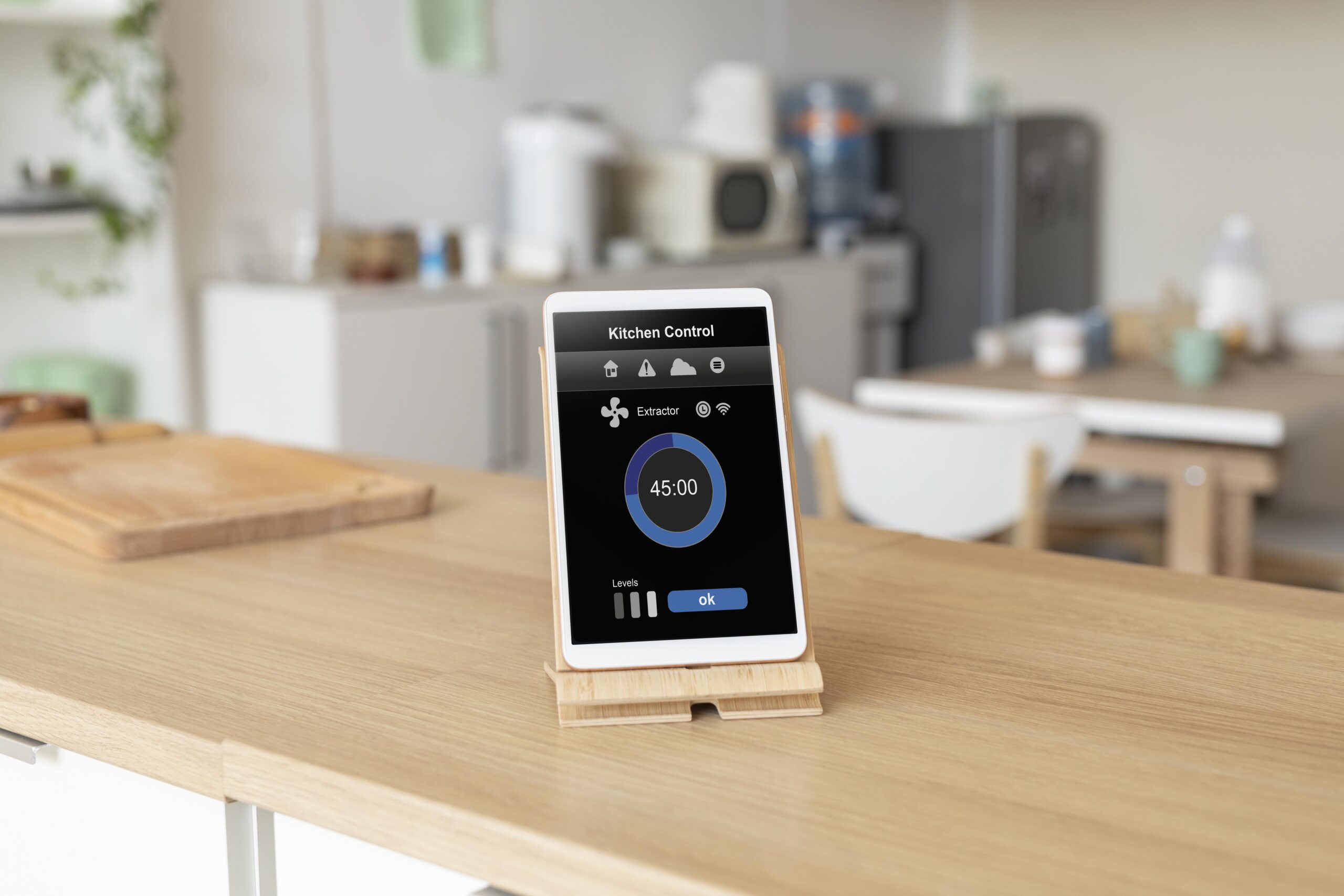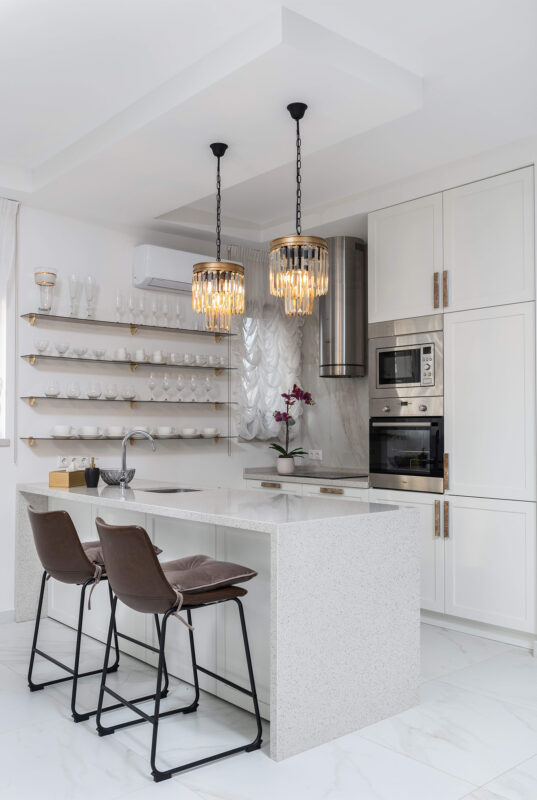How Much Should You Budget for a Dumpster During a Home Renovation?

Most people should budget between $250 and $1,500 for a dumpster during a home renovation, with $400 to $700 being typical for many projects. This price can change depending on the size of the dumpster, how long it’s needed, and the amount of waste that needs to be removed.
Different projects may require different sizes, so homeowners looking for dumpster rental services in Fayetteville, AR, should compare options that fit both their project and their budget. Fast delivery, flexible rental periods, and competitive rates are available when booking dumpster rentals locally.
Dumpster costs are often one of the first things people ask about when planning a renovation because it’s important to know how this fits into the overall project budget. With a little research, it’s possible to find the right dumpster and avoid surprise expenses.
Factors Affecting Dumpster Rental Costs
Several main factors determine how much someone will pay for a dumpster rental. The size of the container, how long it is needed, and where it is delivered all influence the total price.
Dumpster Size and Capacity
The size of a dumpster has a big impact on the rental cost. Larger containers hold more debris and are more expensive than smaller options. For example, a 10-yard dumpster is usually among the most affordable choices and can be suitable for small renovation jobs, whereas a 30-yard or 40-yard dumpster fits bigger projects and comes with a higher price tag.
Choosing the right size is important. Ordering a smaller dumpster can lead to overfilling, which might add extra fees. On the other hand, picking a dumpster that is too large means paying for capacity that is not used. Most companies list sizes in cubic yards and provide guidance on which options fit different project types. Considering both debris type and project size helps determine the best fit—a key part of planning a renovation budget.
Length of Rental Period
How long the dumpster is needed also affects the total cost. Most rentals are priced for a set number of days, such as 7 or 10. If the dumpster is needed for longer than this period, daily extension fees can add up quickly.
If a project only takes a few days, returning the dumpster early does not usually lower the price significantly. However, needing the container for several weeks or more will almost always cost extra. For large projects or those that might face delays, it helps to plan for possible time extensions from the start rather than risk surprise charges. Careful scheduling helps keep costs in check.
Geographic Location and Availability
Rental prices change based on the delivery location. Urban areas or regions with high landfill fees may see higher prices than rural spots. Distance to the drop-off location, local disposal fees, and the number of available dumpsters in the area all affect the cost.
In places like Colorado Springs, where demand can be high, checking local providers for roll off dumpster rental in Colorado Springs ensures better pricing and availability. Local regulations and fees for dumping certain types of debris—like construction materials or heavy waste—can also add to the total. Comparing prices nearby and checking for any restrictions is helpful when planning the budget for a renovation project.
How to Calculate an Accurate Dumpster Budget
Setting the right budget for a dumpster starts with knowing how much debris will be produced, understanding local price differences, checking for possible extra charges, and applying practical tips to keep costs low.
Estimating Waste Volume
The first step is to figure out how much trash and debris will be produced during the project. Home renovations vary, but kitchen and bathroom remodels usually create more waste than a closet or bedroom update.
Start by measuring the rooms and thinking about the materials you’ll remove. For example, one average-sized kitchen can fill a 10- to 15-yard dumpster, while a whole-house renovation might need a larger bin.
Check what items are being tossed. Heavy materials, like concrete or tile, may require a separate dumpster or a higher weight limit. Write down rough measurements and count large items to get a better sense of the needed size.
Dumpster rental companies usually offer sizes from 10 to 40 yards. Picking the right dumpster is important since paying for space you won’t use—or ordering too small—can both lead to wasted money.
Understanding Local Pricing Structures
Dumpster prices change depending on where someone lives. Urban and high-demand areas often charge more per dumpster than rural locations. Distance from the company’s yard may also affect the delivery fee.
Most companies charge a flat fee, which covers delivery, pickup, and a set amount of disposal weight. If the dumpster needs to stay longer or requires multiple pickups, they may charge extra per day or trip.
The type of material being thrown away can also affect the price. Yard waste, construction debris, and roofing materials may each have unique rates. It’s helpful to ask for a clear quote that breaks down all costs and fees.
Additional Fees and Hidden Charges
Unexpected costs can quickly add up. Some companies may charge for dumping heavy items, keeping the dumpster longer than planned, or going over the weight limit.
Examples of extra fees include:
-
Overage fees per ton when the dumpster goes over its weight limit.
-
Trip fees if the dumpster cannot be delivered or picked up.
-
Fees for mixing forbidden items, like tires or electronics, with regular debris.
Read the contract and ask about possible extra charges before booking. Knowing these details can help avoid surprises when the bill arrives.
Tips for Saving on Dumpster Rentals
One way to save is by estimating the right dumpster size. Ordering the next size up can sometimes be cheaper than dealing with overflow or fees for an extra rental. Compare prices from several companies and watch for special deals or discounts. Some may offer better rates for certain days or provide a break for longer rental periods.
Dispose of forbidden items elsewhere to avoid extra disposal fees. Pack the dumpster evenly and fill all available space by breaking down bulky items. Consider sharing a dumpster with a neighbor if schedules align. This can split costs and help make the most of the rental. Always clarify the terms and set clear guidelines before the bin arrives.
Conclusion
Budgeting for a dumpster during a home renovation often means planning for costs between $250 and $400 for small to medium projects. Size, duration of rental, and local disposal fees can all affect the total price.
Factors to consider:
-
Dumpster size
-
Length of rental period
-
Local landfill or disposal fees
It helps to get quotes from a few local providers to find the best price for the required size. Keeping these points in mind makes it easier to manage project expenses.

















